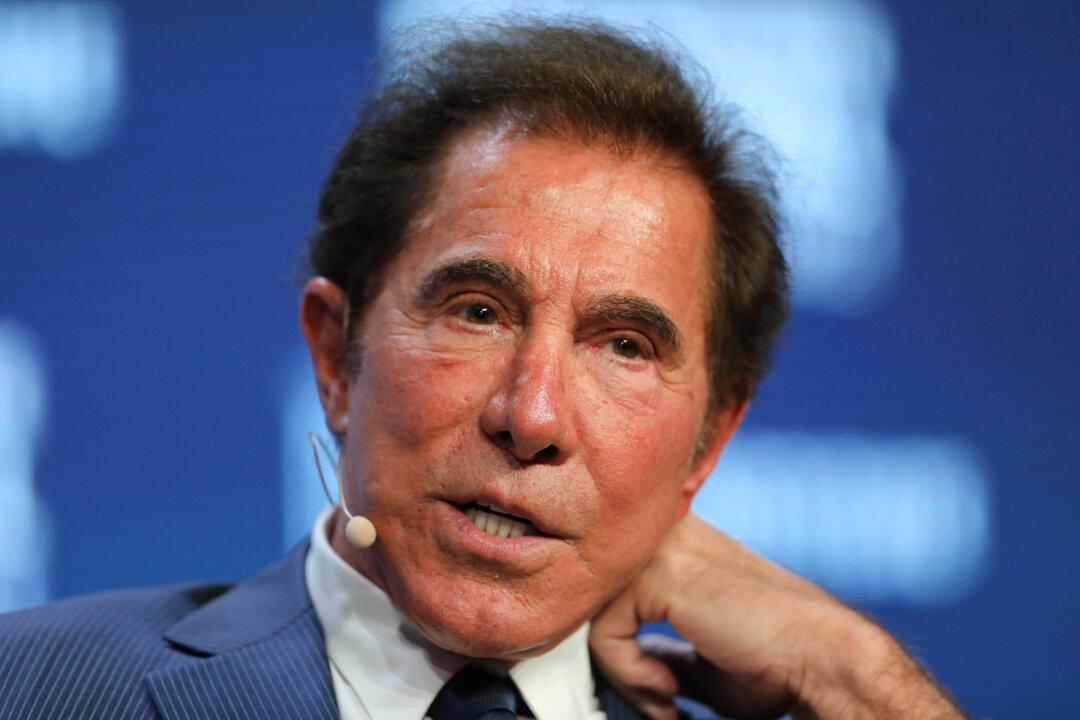Businessman Steve Wynn is asking the U.S. Supreme Court to roll back protections for journalists in defamation lawsuits.
The high court docketed the new petition in Wynn v. The Associated Press (AP), making the petition public on Feb. 4. AP has been directed to file a response with the court by March 6.





